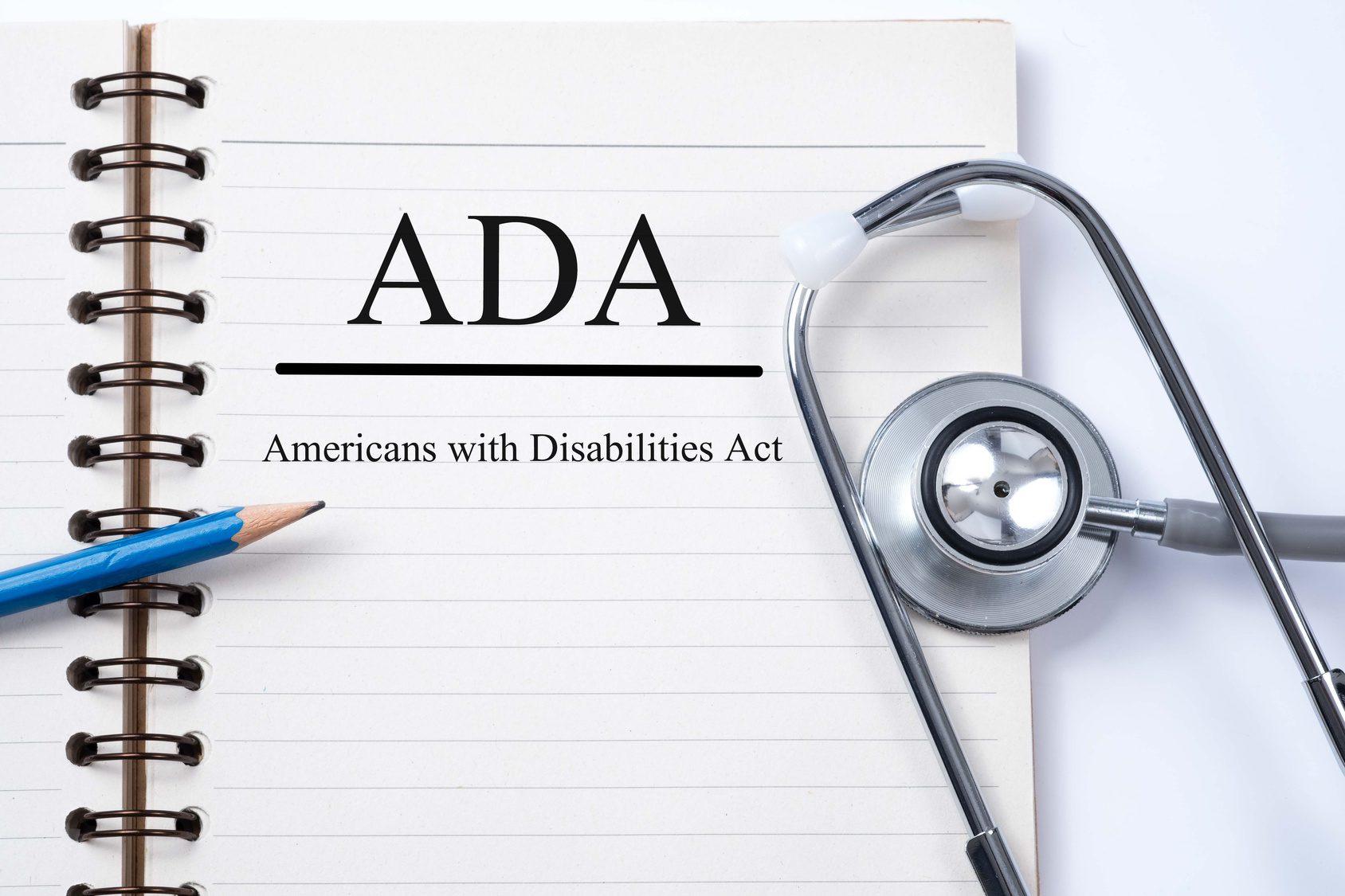Let’s say a company hires a wheelchair-bound employee. The building is equipped with a ramp to the front door and an elevator. However, there is no handicap-accessible bathroom on the third floor, where the employee works. In order to get to a handicap-accessible bathroom, the employee has to take the elevator to the first floor and use the public restroom – a round trip that takes the employee more than 10 minutes to complete.
The employee brings the matter to the company’s owner. The company’s owner says that nothing can be done right away because the building’s owner must approve the request and modify the office’s bathrooms. The employer notifies the building’s owner, who responds by stating the building is compliant with the Americans with Disabilities Act (ADA) and tells the employer that no changes will be made to the bathrooms. Once notified of the building owner’s response, the employee chooses to sue the employer and the building’s owner for failure to comply with the ADA.
In court, the employer states that he did his due diligence by notifying the building’s owner about the request, and it was not up to him to make the modification to the bathrooms. However, the judge rules that a reasonable accommodation was not provided and fines both the building’s owner and the employer.
While this is only a hypothetical situation, it underscores what often happens to employers whose facilities are not completely ADA compliant. A bathroom fixture that is not at the correct height or an aisle that is not wide enough for a wheelchair to pass through can prompt a complaint that immediately winds up in court, without a realistic timeframe for an employer to correct the problem.
A bill recently passed in the House of Representatives and currently being considered by the Senate could change that. The ADA Education and Reform Act of 2017 would create an amendment to the ADA that provides respondents up to 60 days to provide a written complaint and up to an additional 120 days to rectify the matter before a complainant could file a lawsuit.
Here’s how the bill works. In the example above, the employee (or any individual) would have to submit a written notice to the owner or operator about the lack of a handicap-accessible bathroom on the third floor. The notice must contain the following:
- The address of the property;
- The specific ADA-related violation(s) and section(s) of the law in question;
- Whether a request for assistance in dealing with the violation(s) was made; and,
- Whether the architectural barrier was temporary or permanent.
The owner or operator has up to 60 days to provide a written description outlining improvements that will be made to remove the barrier. If the owner or operator fails to do so, or fails to remove the barrier or make substantial progress in removing the barrier within 120 days of the employee’s written notice, then the employee has the opportunity to file a civil action against the company and/or the building’s owner.
By creating a “notice and cure” period, the ADA Education and Reform Act eases the pressure business owners feel when someone notes a violation concerning barriers to access for existing public accommodations. Currently, a complainant can conceivably take a business owner directly to court the moment an ADA violation is noted, which does not give the business owner time to adequately address the problem. With this proposed amendment, there would have to be due process on both sides before the matter enters litigation. The employee would have to notify his or her boss in writing, and the boss would have to prove an effort was made to address the issue.
Employers should note that the ADA Education and Reform Act does not release them from their responsibilities to make reasonable accommodations for disabled employees, customers or visitors. It only amends the ADA to give them a timetable for rectifying the issue. The proposed Act also would require developing an educational program and a model program to promote the use of alternate dispute resolution. Employers should discuss their responsibilities under the ADA with an attorney, and then review their facilities to make sure they are compliant.
Allen A. Shoikhetbrod, Esq. is an attorney at Tully Rinckey PLLC in Albany, NY. He focuses his practice on federal, state and private employment law matters, including claims of discrimination, harassment, retaliation, qui tam and whistleblower actions, and disciplinary matters.









